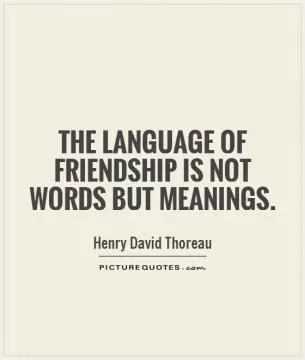Men have a respect for scholarship and learning greatly out of proportion to the use they commonly serve

Men have a respect for scholarship and learning greatly out of proportion to the use they commonly serve
Henry David Thoreau, a renowned American philosopher, writer, and naturalist, was a firm believer in the power of scholarship and learning. Thoreau's works, including his famous book "Walden" and his essays on civil disobedience, reflect his deep respect for knowledge and education. Thoreau believed that education was essential for personal growth and enlightenment, and he often emphasized the importance of learning for its own sake.Thoreau's quote, "Men have a respect for scholarship and learning greatly out of proportion to the use they commonly serve," speaks to his belief that education should not be solely focused on practical applications or utilitarian purposes. Thoreau believed that true learning should be pursued for its own intrinsic value, rather than for the sake of achieving specific goals or outcomes. He saw education as a means of expanding one's mind, broadening one's perspective, and deepening one's understanding of the world.
Thoreau's own life and writings exemplify his commitment to scholarship and learning. He spent two years living in a small cabin near Walden Pond, where he immersed himself in nature and contemplation. During this time, Thoreau engaged in self-directed study, reading extensively on a wide range of subjects, from philosophy and literature to science and history. Thoreau's dedication to learning was not driven by a desire for material success or social status, but rather by a thirst for knowledge and a passion for intellectual exploration.
Thoreau's emphasis on the value of scholarship and learning for their own sake is particularly relevant in today's fast-paced, technology-driven society. In an era where education is often viewed as a means to an end, such as securing a job or earning a higher salary, Thoreau's words serve as a reminder of the intrinsic worth of knowledge and the importance of intellectual curiosity. Thoreau believed that true education should inspire wonder, curiosity, and a lifelong pursuit of learning, rather than simply serving practical ends.












 Friendship Quotes
Friendship Quotes Love Quotes
Love Quotes Life Quotes
Life Quotes Funny Quotes
Funny Quotes Motivational Quotes
Motivational Quotes Inspirational Quotes
Inspirational Quotes